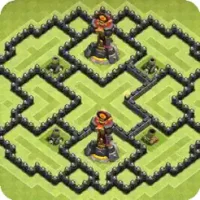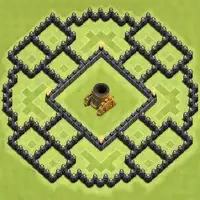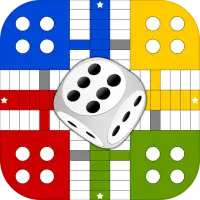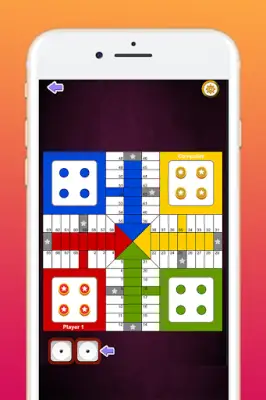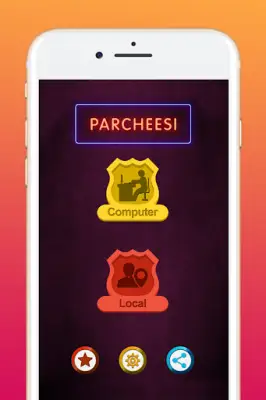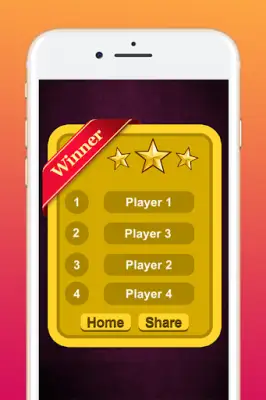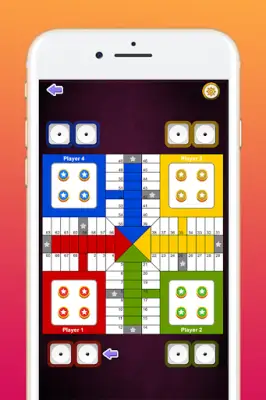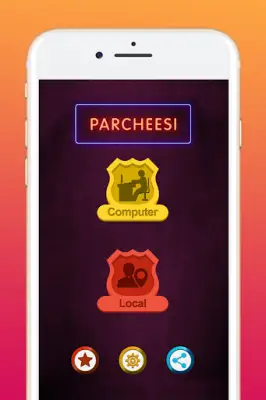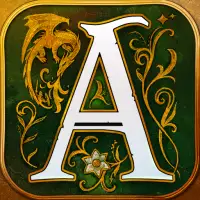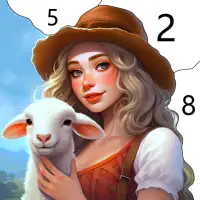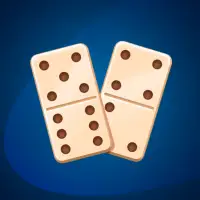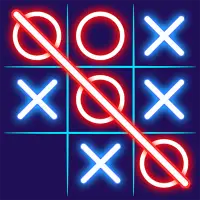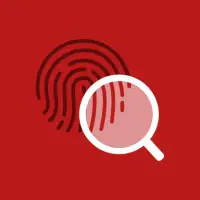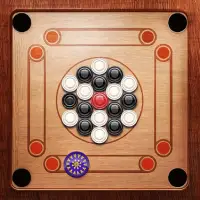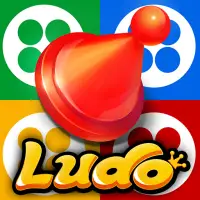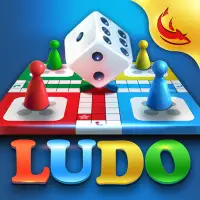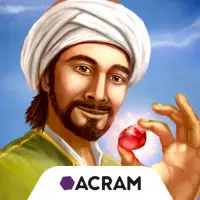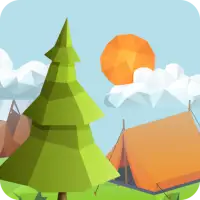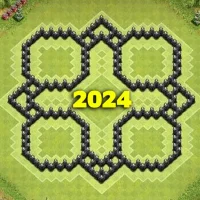Latest Version
1.5
February 06, 2025
Appindia Technologies Private Limited
Game Board
Android
2
Free
com.parchisi.game
Report a Problem
More About Perchis Openly: You can
The game offers players exciting rewards for their strategic plays. When a player successfully sends an opponent's piece to the nest, they are granted a significant advantage: a free move of twenty spaces. This added benefit cannot be divided between different pieces, making it crucial for players to think carefully about when to make such a move. Additionally, if a player manages to land one of their pieces in the home space, they earn a smaller but still valuable reward of a free move of ten spaces, again with the stipulation that this move must be used all at once on a single piece. This unique rewards system adds layers of strategy and excitement to the traditional gameplay.
The Parchís Ludo game is versatile, allowing players to engage in different types of matches. One can choose to play against the computer, providing a single-player experience that can help hone skills. Alternatively, players can invite friends for a local multiplayer session, fostering camaraderie and competition among known players. To widen the competitive landscape even further, the game also offers the opportunity to play with people from around the world, enhancing the overall experience with diverse opponents. This variety ensures that players can always find a suitable match, regardless of their preferences.
Parchís is a classic board game from the Cross and Circle family, originating in Spain. It is a variation of the Indian game Pachisi and has maintained popularity across various regions, including Europe, Morocco, and, of course, its home in Spain. The game has a rich legacy and is enjoyed by many due to its engaging and accessible nature. As a result, it has become well-known and widely played, contributing to its status as a beloved pastime in multiple cultures.
The game is recognized under different names in various countries, reflecting its global appeal. For instance, in the Netherlands, it is referred to as Mens-erger-je-niet, while in Italy, it is known as Non t'arrabbiare. In France, players enjoy Le Jeu de Dada, and in Colombia, it is called Parqués. These localized titles showcase the game's adaptability and widespread recognition, making Parchís or its variants a staple at gatherings and a bridge across cultures. Whether called Barjis in Palestine or Fia med knuff in Sweden, the essence of the game continues to unite players worldwide.
Rate the App
User Reviews
Popular Apps


